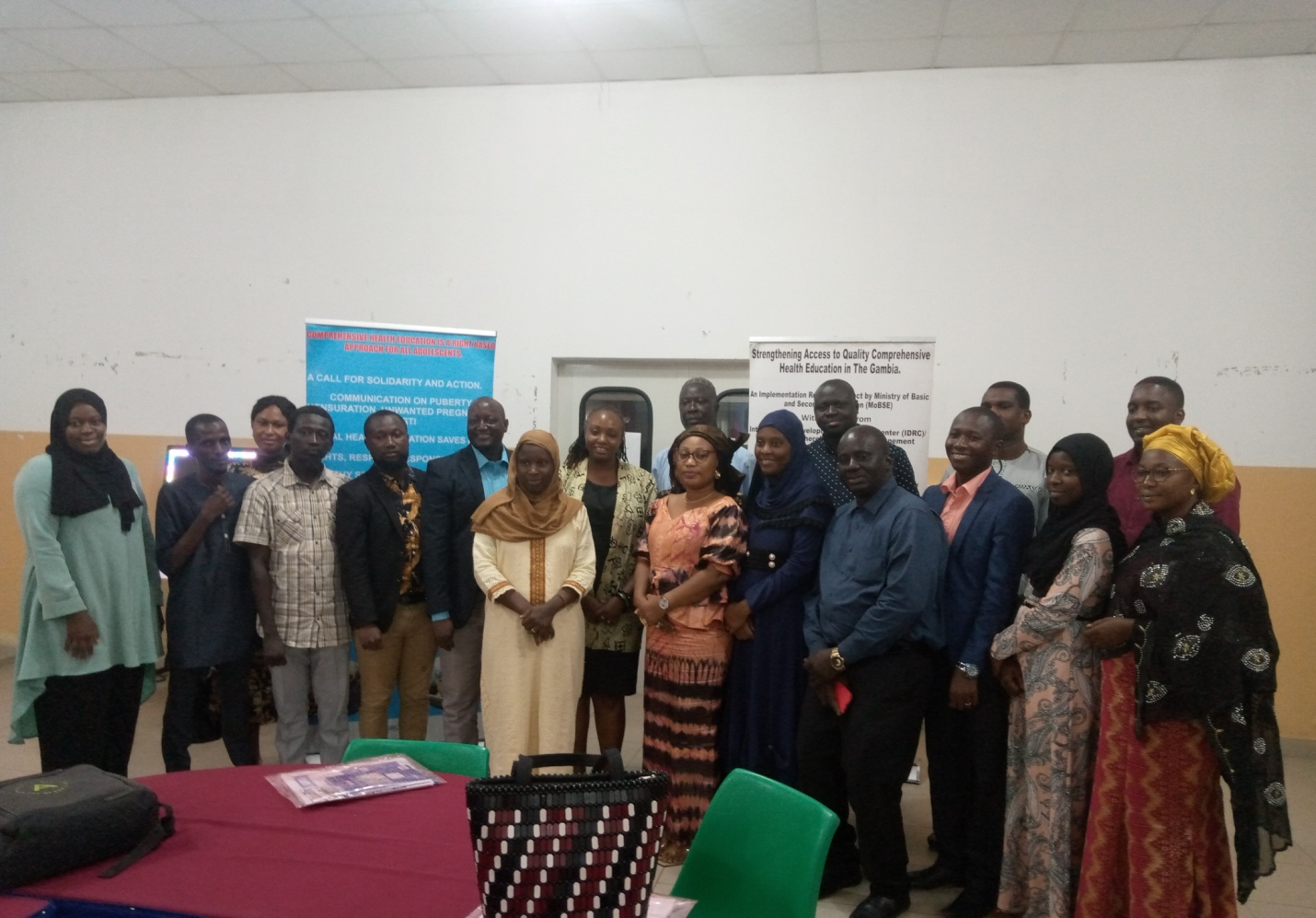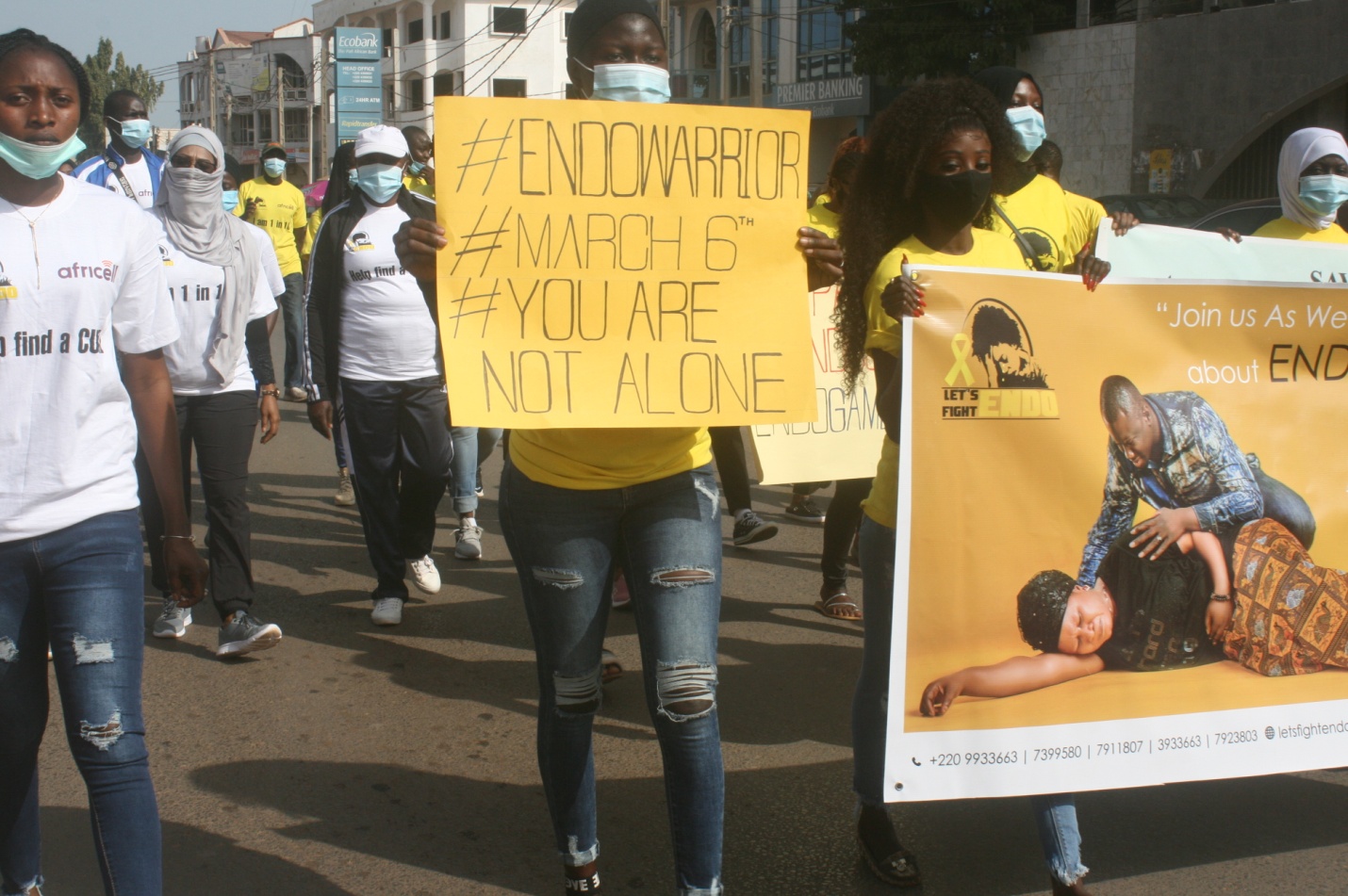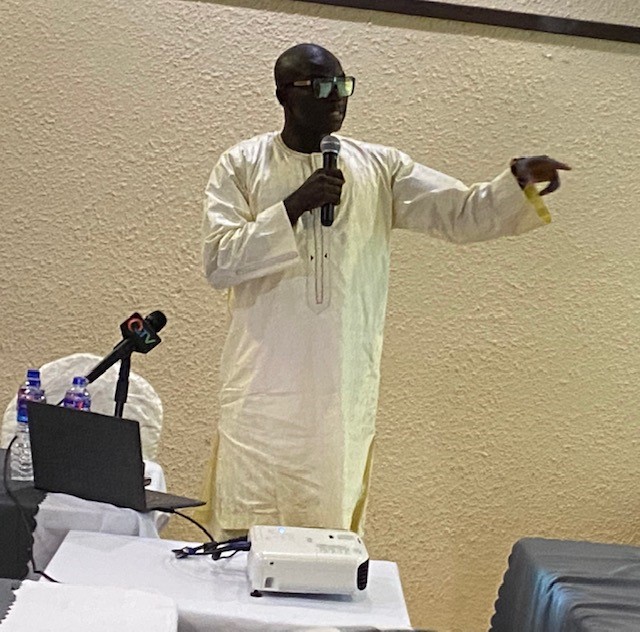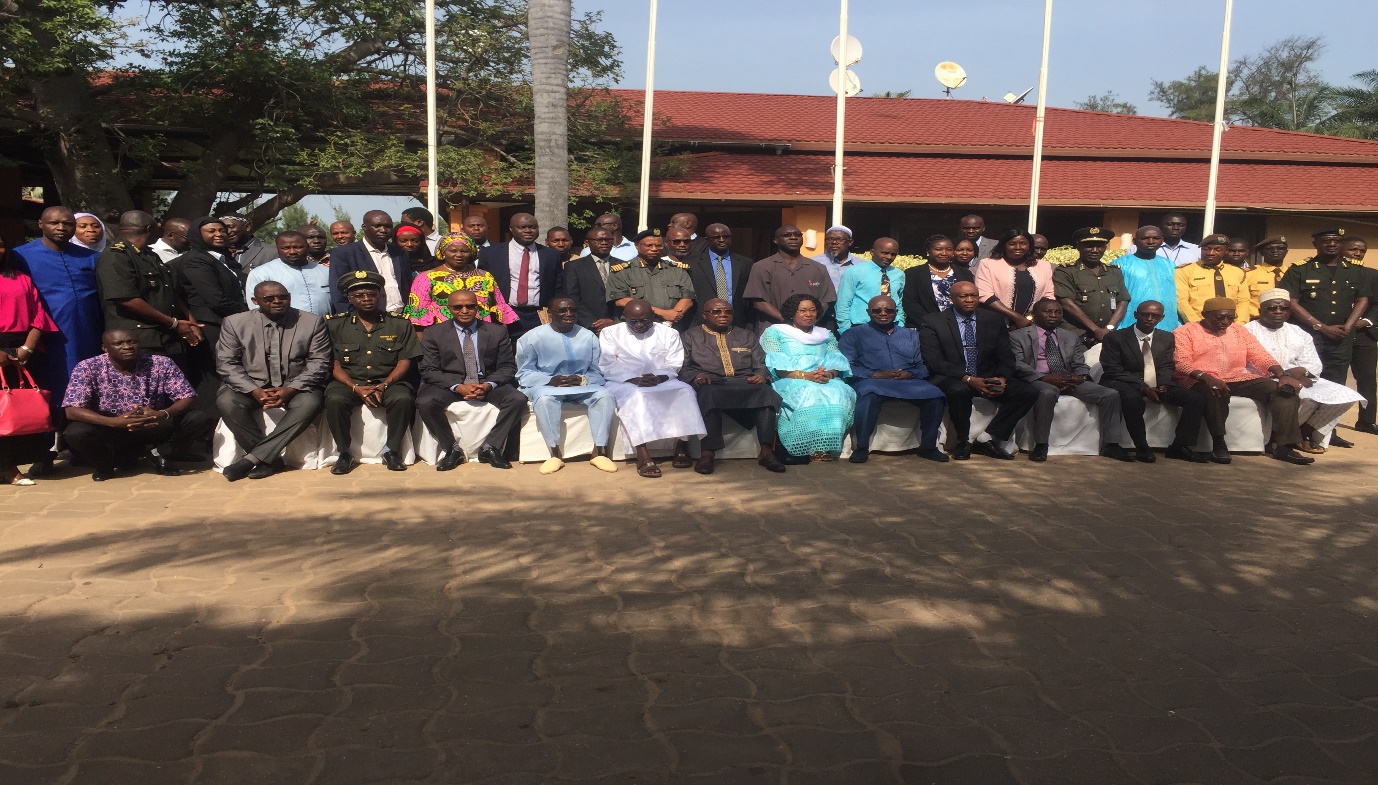By Yunus Saliu
The Comprehensive Health Education Project under the Ministry of Basic and Secondary Education (MoBSE) on Monday, 24th July 2023 commenced a four-day forum meant to disseminate its midline research findings on Comprehensive Health Education (CHE) project.
The research findings were conducted in 43 schools which include upper and senior secondary schools and 28 communities from Banjul to Abuko, Region 1.
The ongoing dissemination forum brought together on each day different groups of stakeholders which include MOBSE, CSOs/NGOs, UNESCO, UNICEF, UNFPA, MOH, Ministry of Women Affairs, Gender Unit, Police Welfare Unit, CPA, and among others,
Addressing the forum on Monday, the Deputy Permanent Secretary at the Ministry of Education and Senior Education MrAdama Jimba Jobe applauded the researchers for a job well done.
He said in the Gambia there is a policy framework regarding comprehensive health education but with limited evidence of implementation saying “very little is known about our efforts regarding CHE coordinated across the country.”
The DPS said the project being implemented by the Ministry of Basic and Secondary Education aimed to design relevant school and community-based programs and it will include teachers and communities.
This project, he stated, started two years ago and baseline was conducted and the project is now in its midline sometimes we need to review and know what are the findings that will help to start the objective next or strategy in other to ensure, “by the time we come to end of the project, we would have realized the objective and reach a target and be in a better position to advise the government and the society on the way forward.”
The expected outcome of this study, he said will be the identification and challenges to implementation of comprehensive health education and institutionalization of relevant school, and Community Based programs that can be used to strengthen access to quality comprehensive health education, information, and services for both in and out of school adolescents.
Therefore, involving the youth, and religious leaders among other people not only help in enhancing how to address the challenges but will also broaden for people to understand that it is not a joke.
Speaking on behalf of the Director of Curriculum Research Evaluation and Development Directorate (CREDD), MomodouJeng was Ms Fatou Cham. She welcomed the participants to the dissemination forum.
Looking at the youth cohorts today, she said, almost all issues that are affecting them through research findings have been covered, and “the research will tell you what we have seen through the 43 schools including 28 communities.”
She, therefore, challenged the participants to make strong recommendations that will be useful in strengthening access to quality comprehensive health education projects which is implemented among in and out-of-school adolescents in The Gambia.
Ms. Phebian Ina Grant Sagnia, Principal Investigator of the Comprehensive Health Education project acknowledge the participating stakeholders while giving a general overview of the project.
She alluded that there are policy frameworks regarding comprehensive health education in The Gambia, “but there is limited evidence of implementation.”
She said the concern about adolescent sexual and reproductive health (ASRH) has grown over the past years, due to unprecedented increasing rates of sexual and reproductive health infections, early sexual debut, teenage and unwanted pregnancies.
Adding that teenage pregnancies outside of marriage among adolescent girls, in particular, is a major cause for concern in The Gambia, where almost one in five (18%) of adolescent women age 15 to 19 are already mothers or pregnant with their first child. (GDHS, 2013).
However, she noted that the project is implemented in 4 phases while she outlined some challenges affecting programs on the sexual and reproductive health of adolescents.
Dr. Thomas Senghore and Dr. Hamidu Jawara as well made presentations on the research findings,
However, CHE project under Strengthening Access to Quality Comprehensive Health Education in The Gambia is an implementation research project done by the Ministry of Basic and Secondary Education (MoBSE) and funded by the International Development Research Center (IDRC). And it is meant to enlighten and educate in and out-of-school students on adolescent sexual and reproductive health (ASRH).





